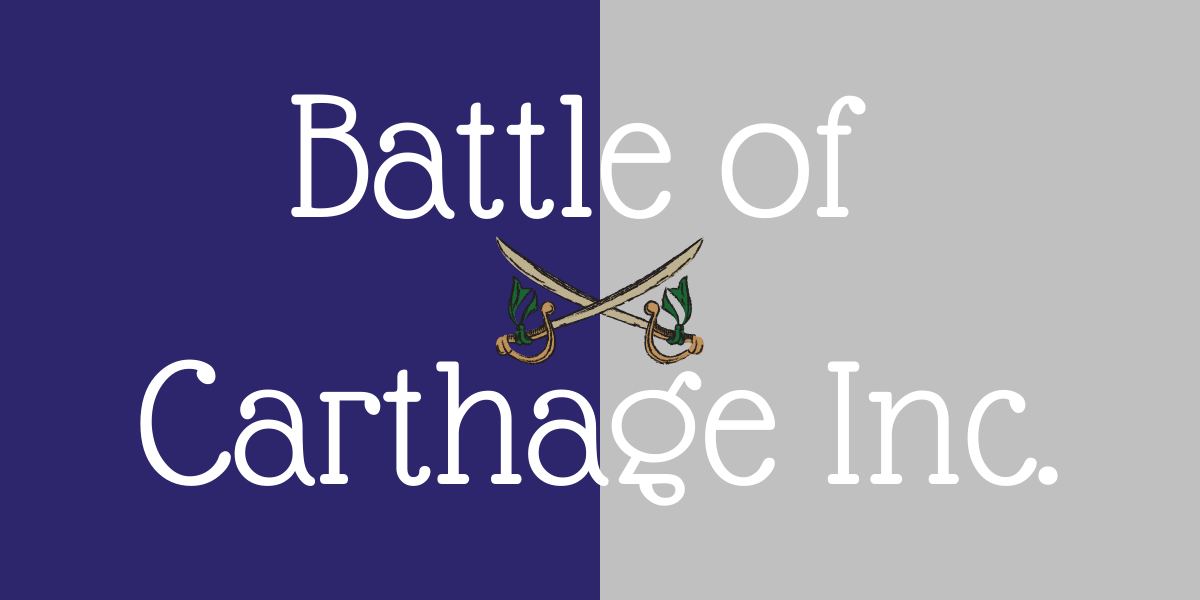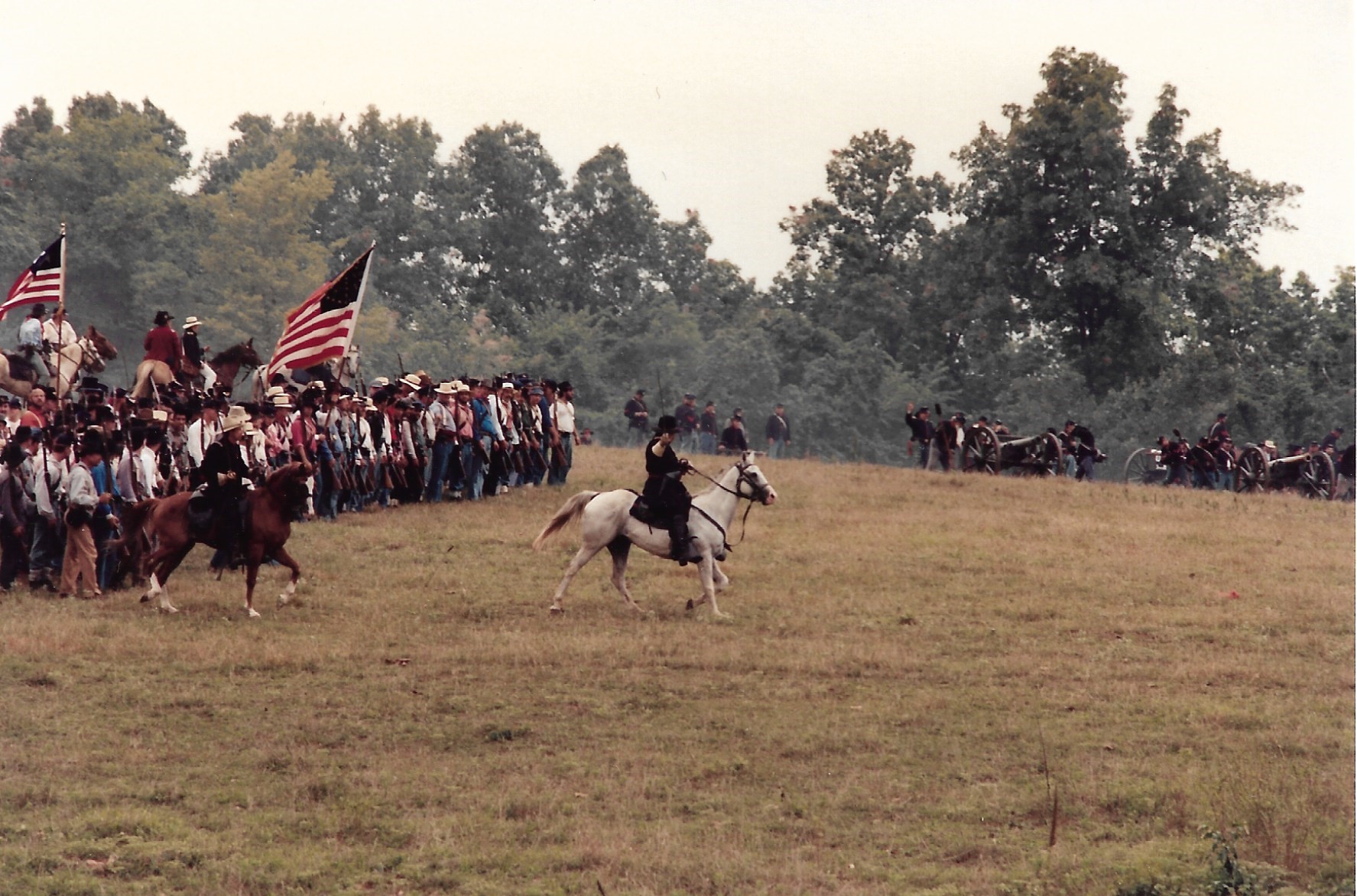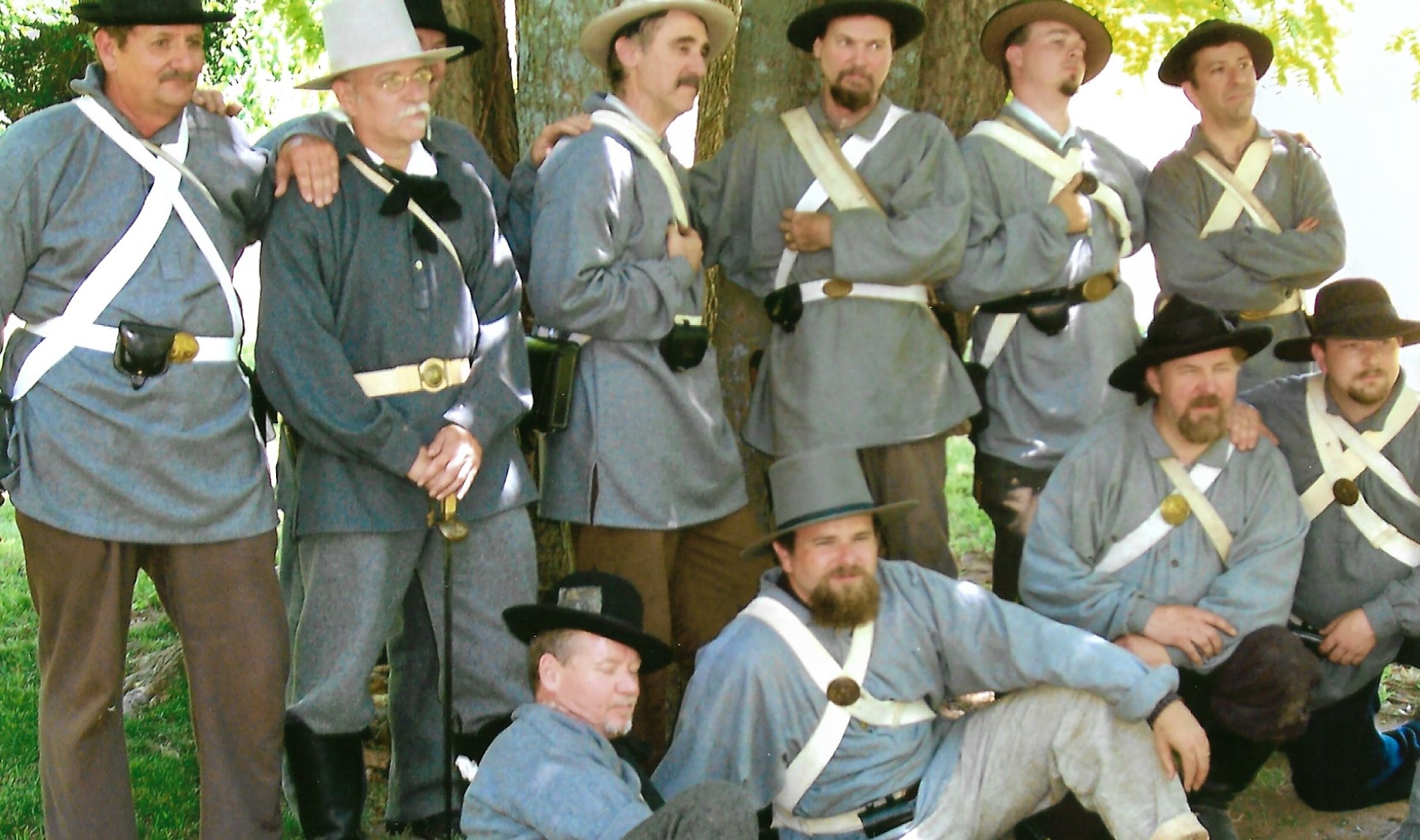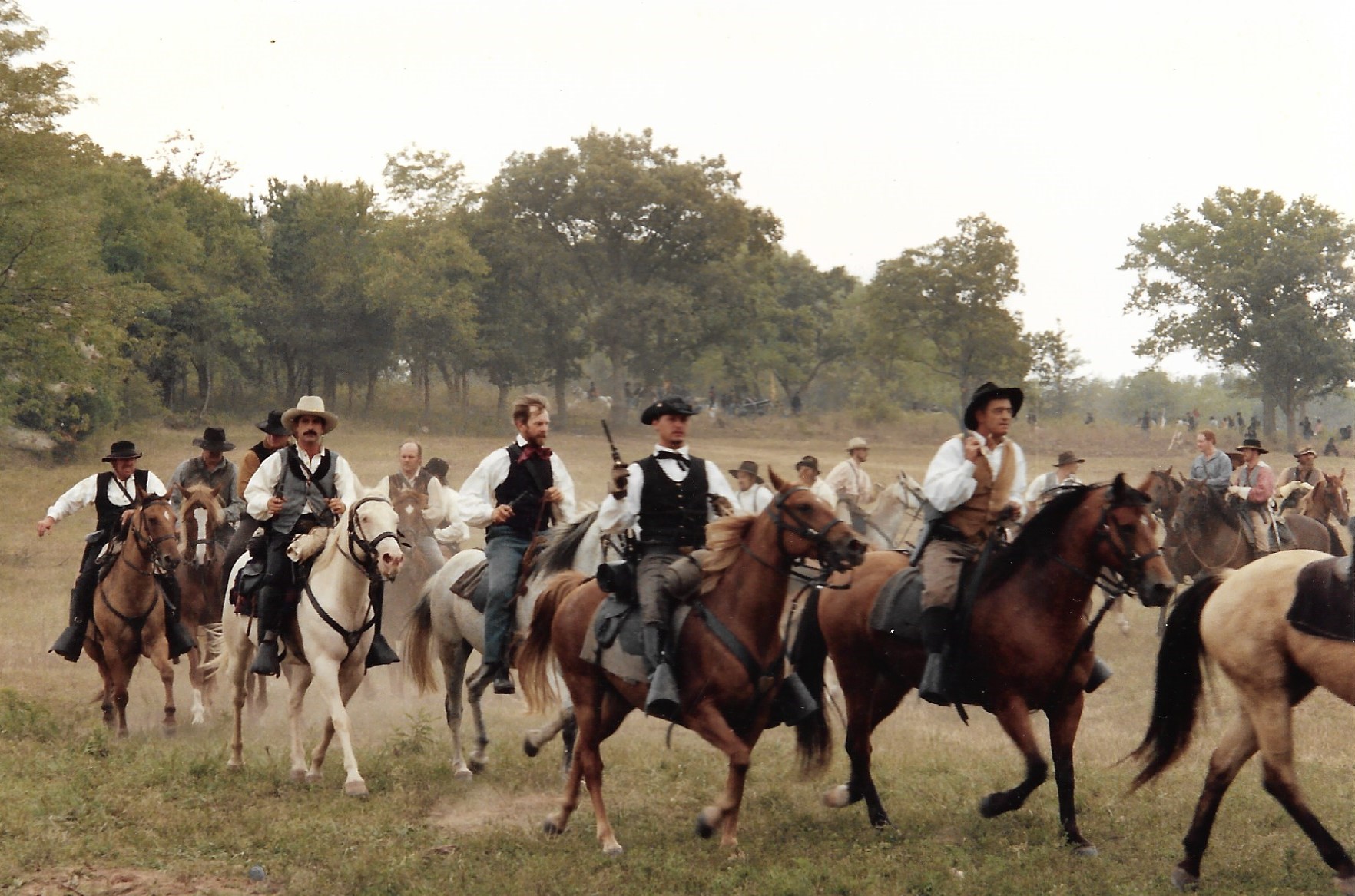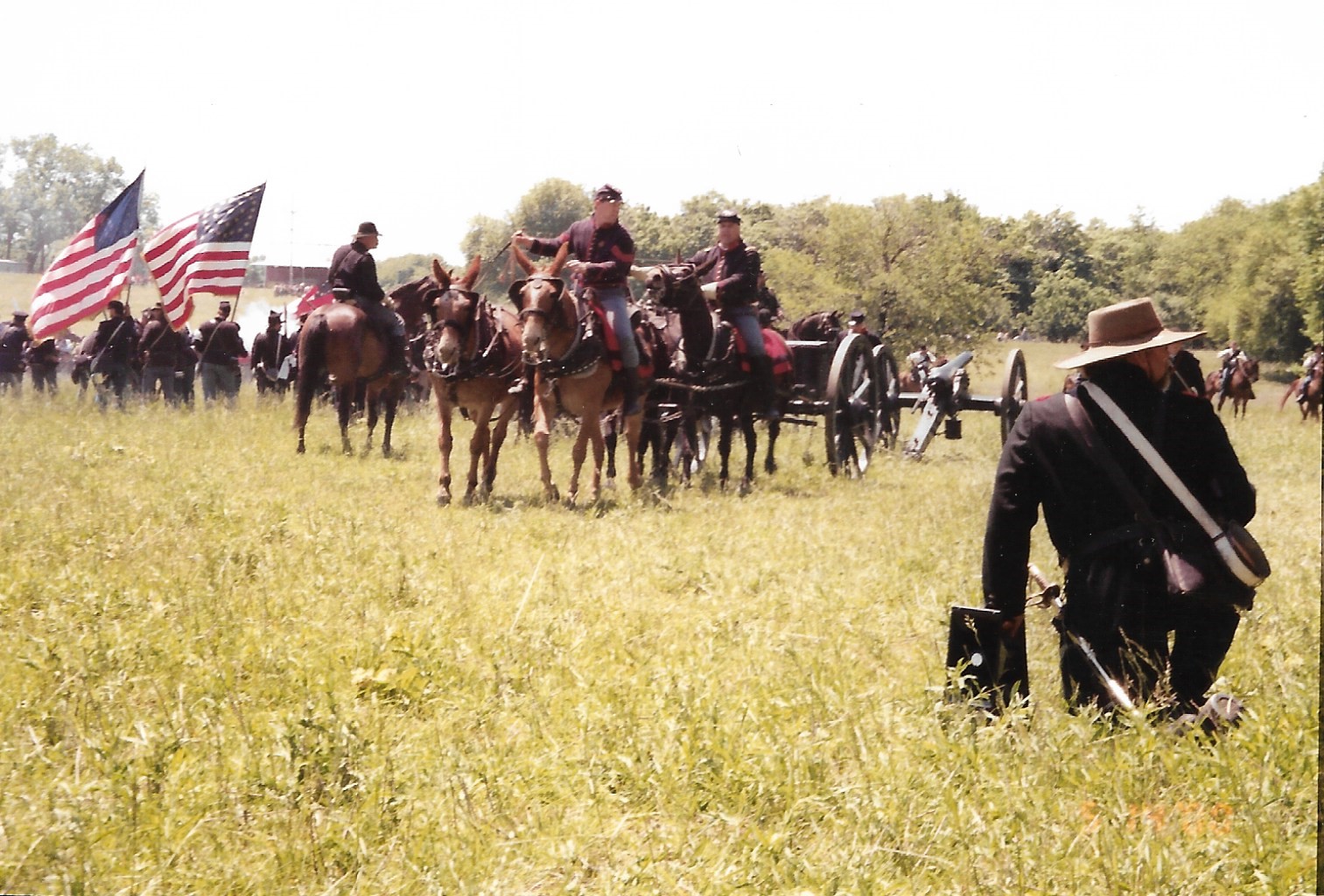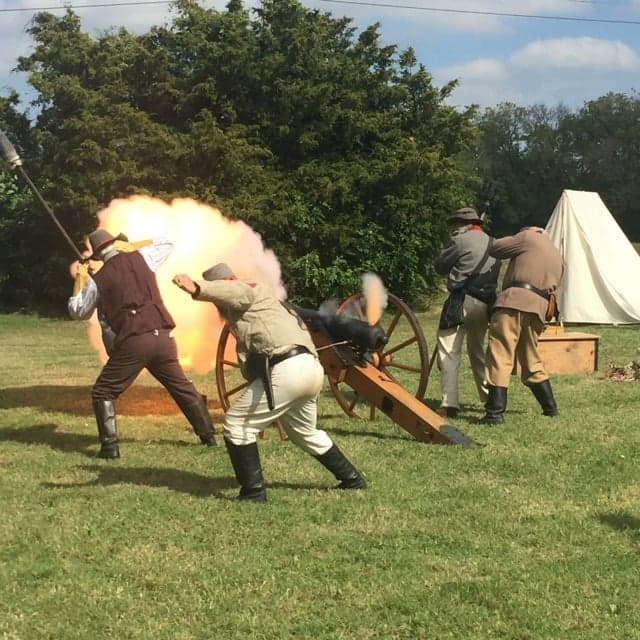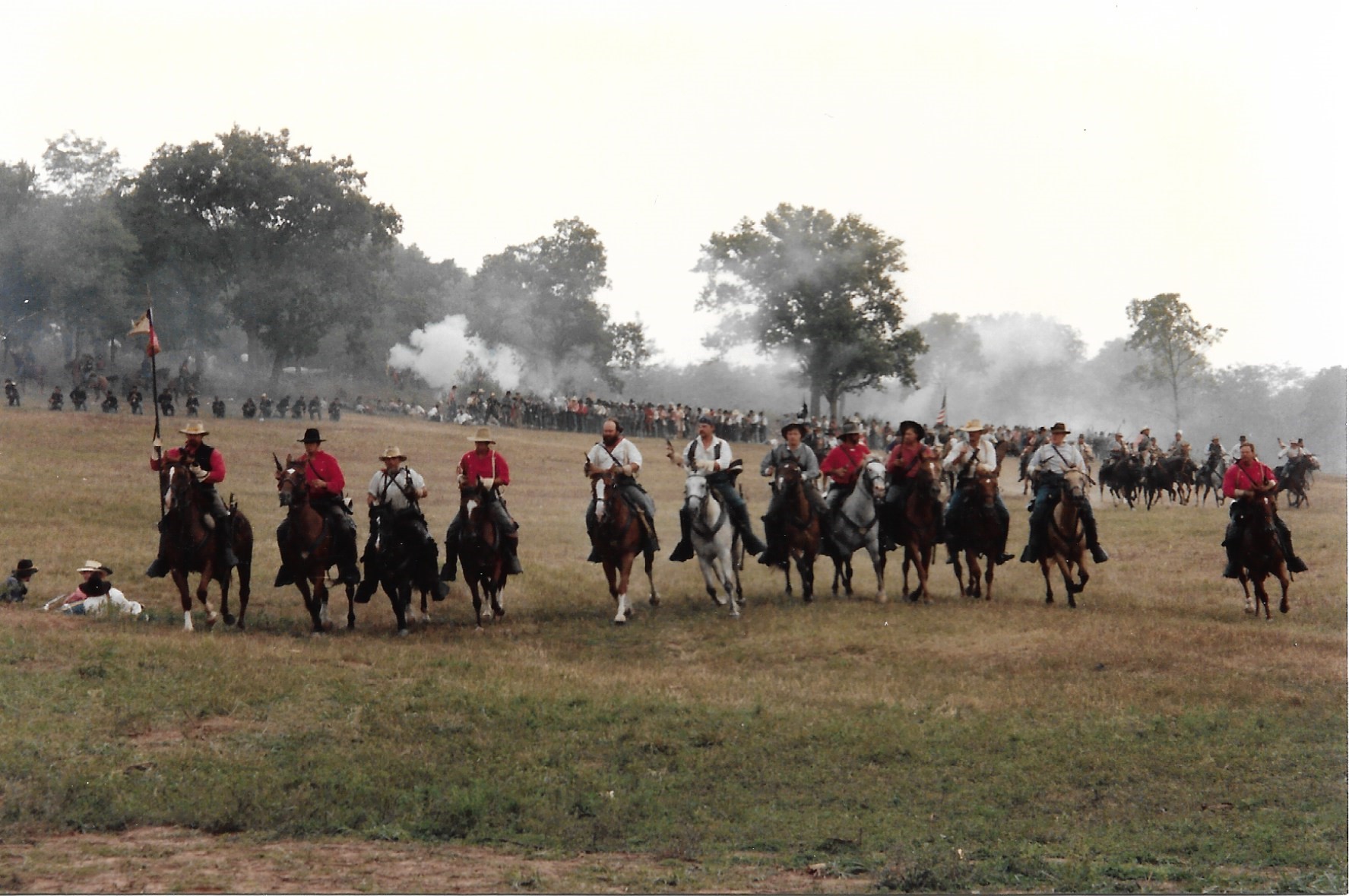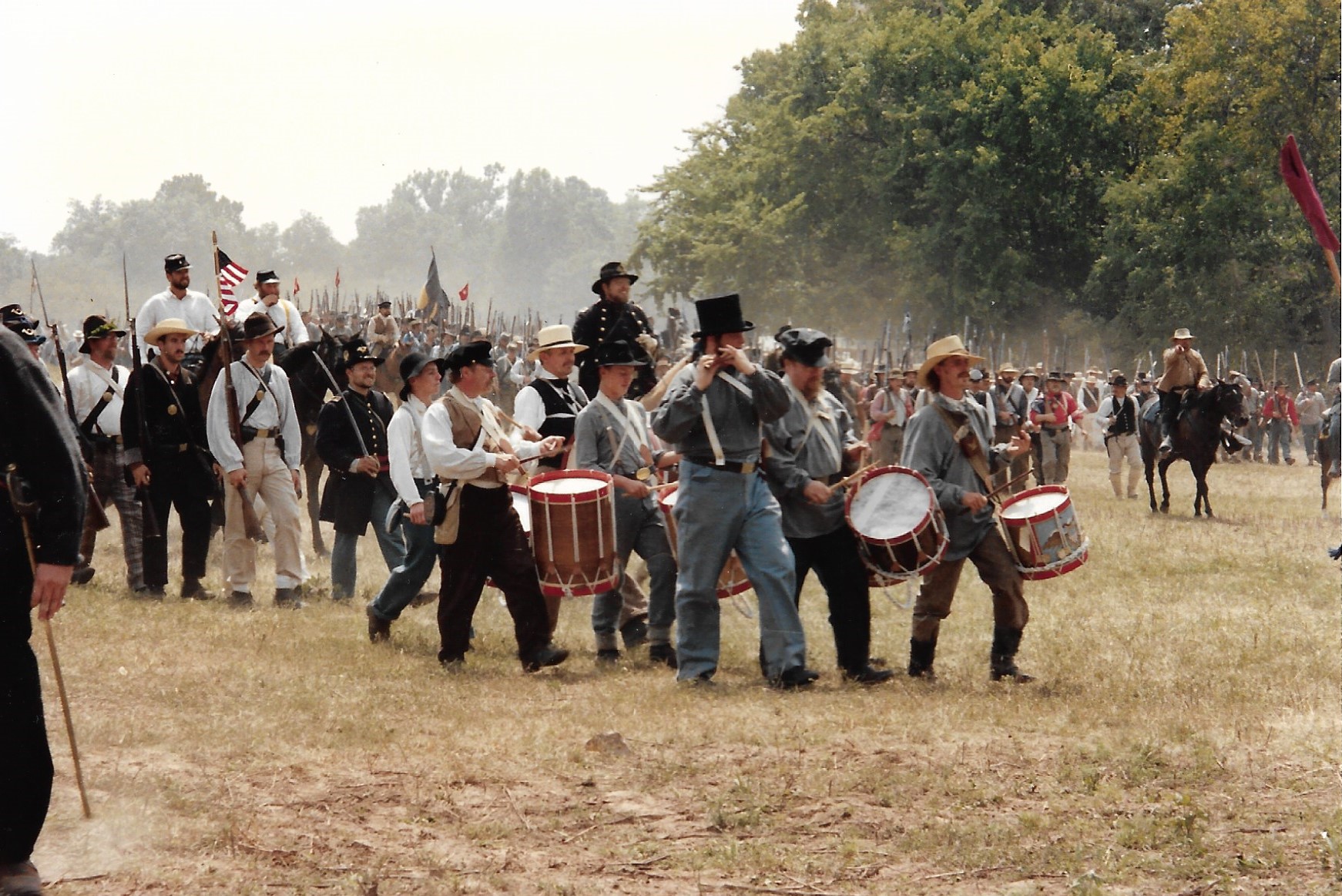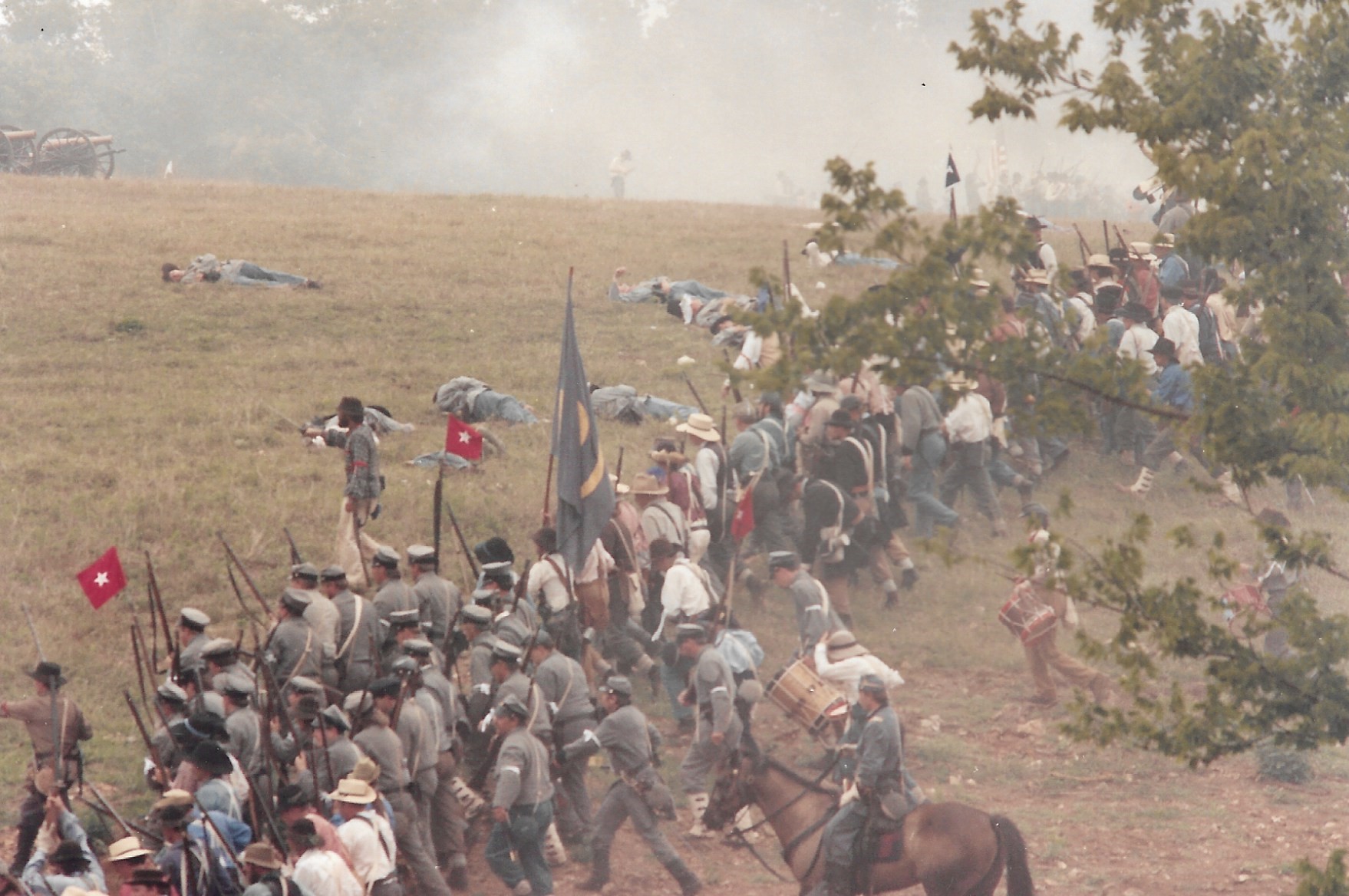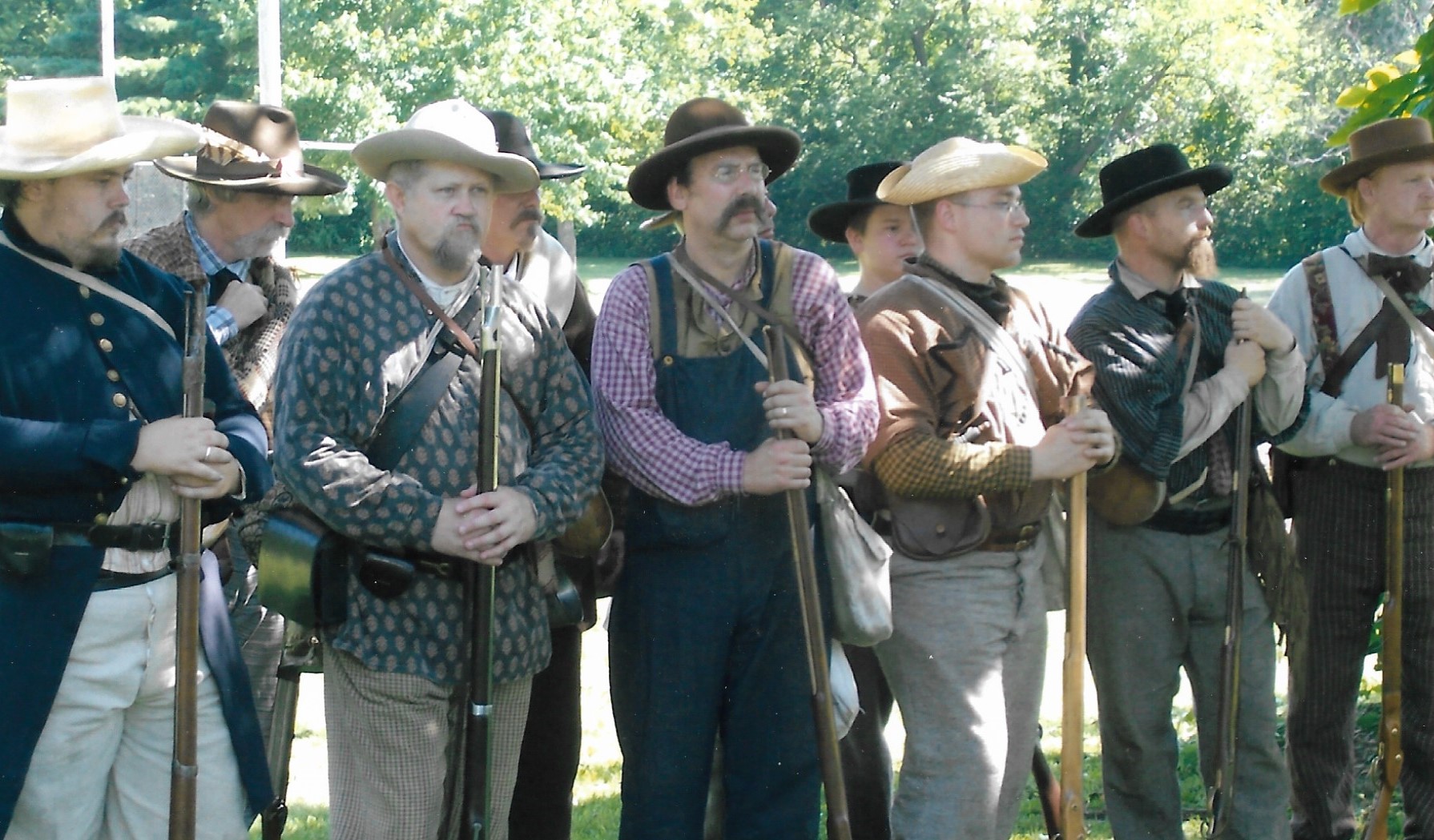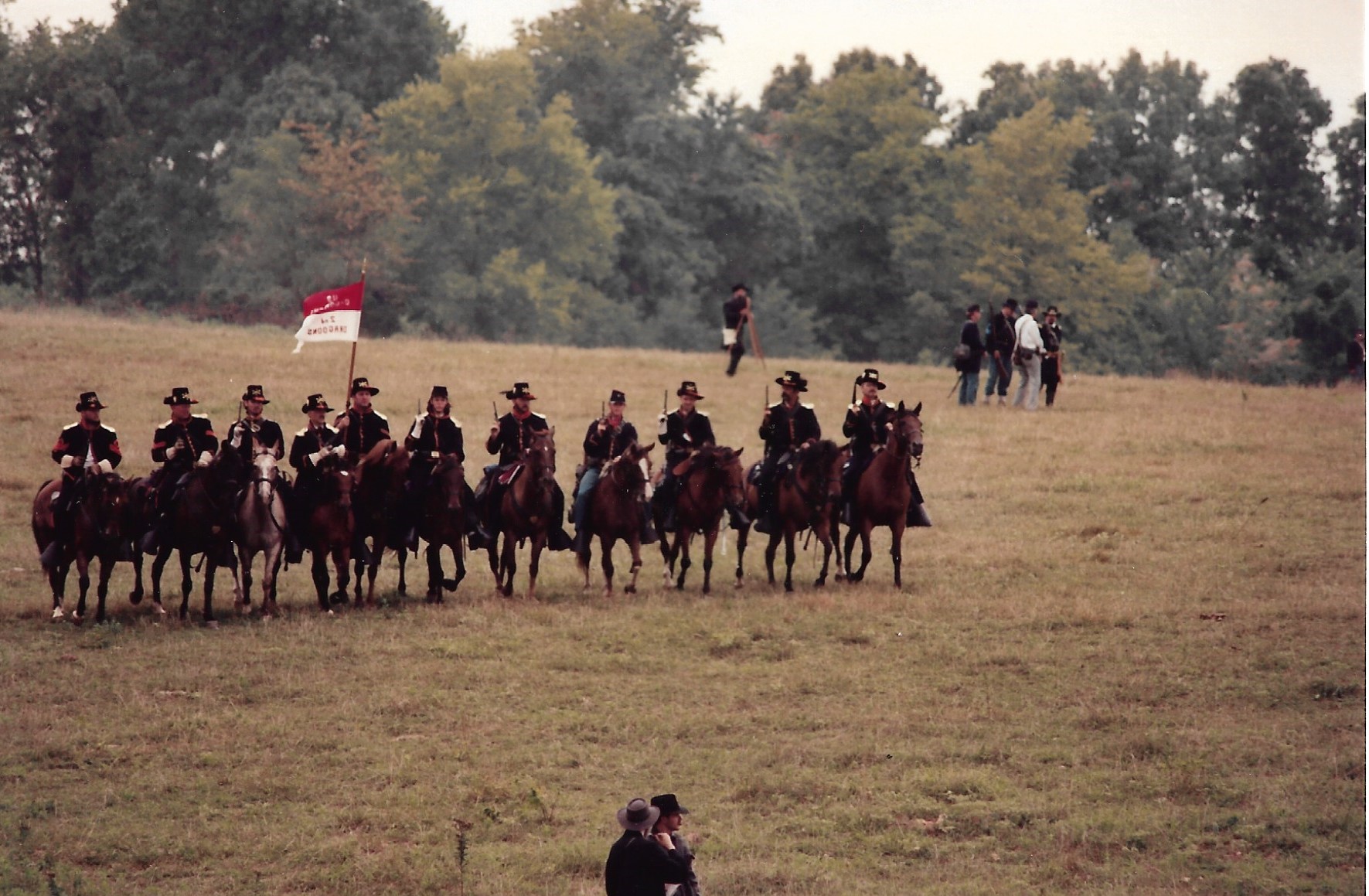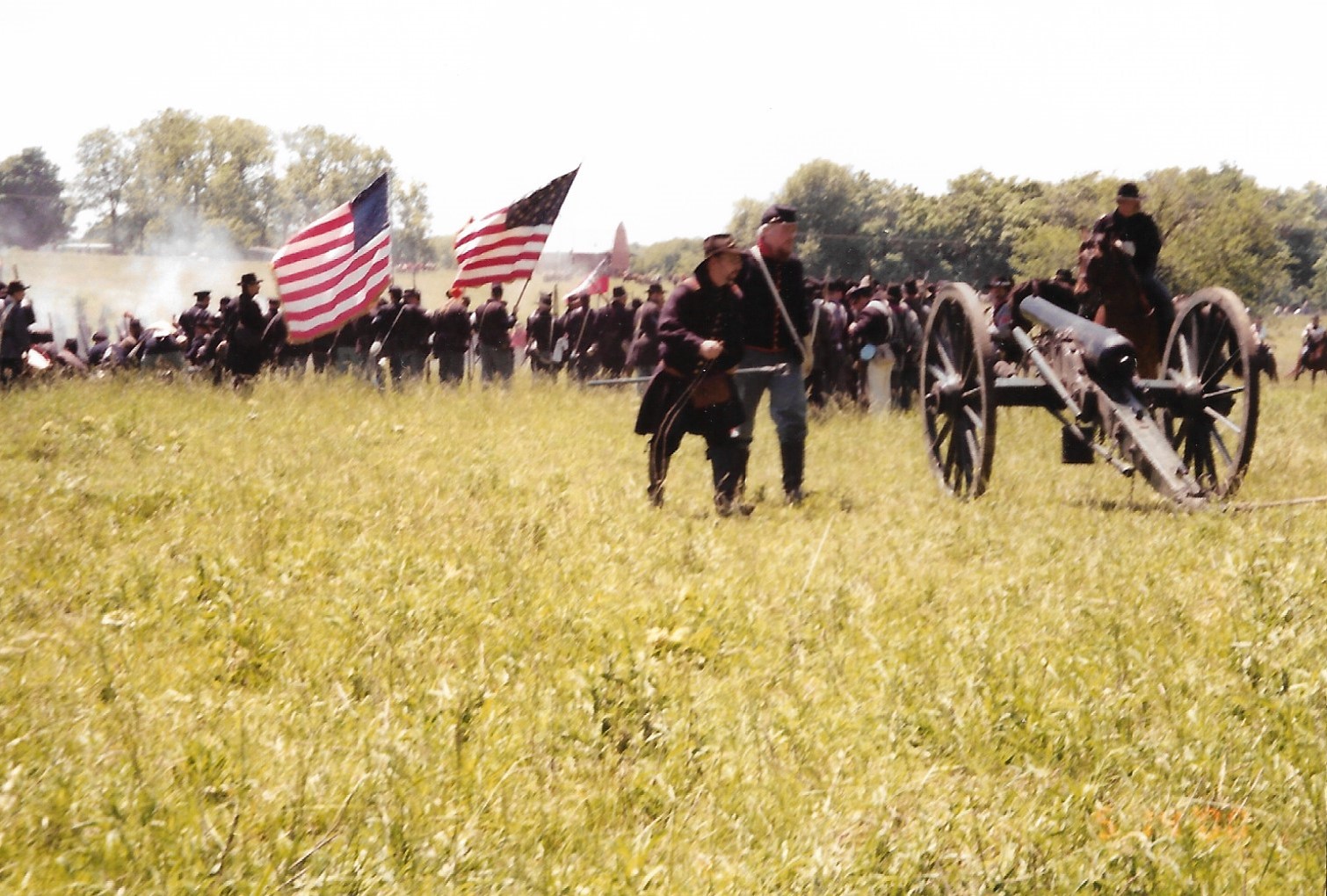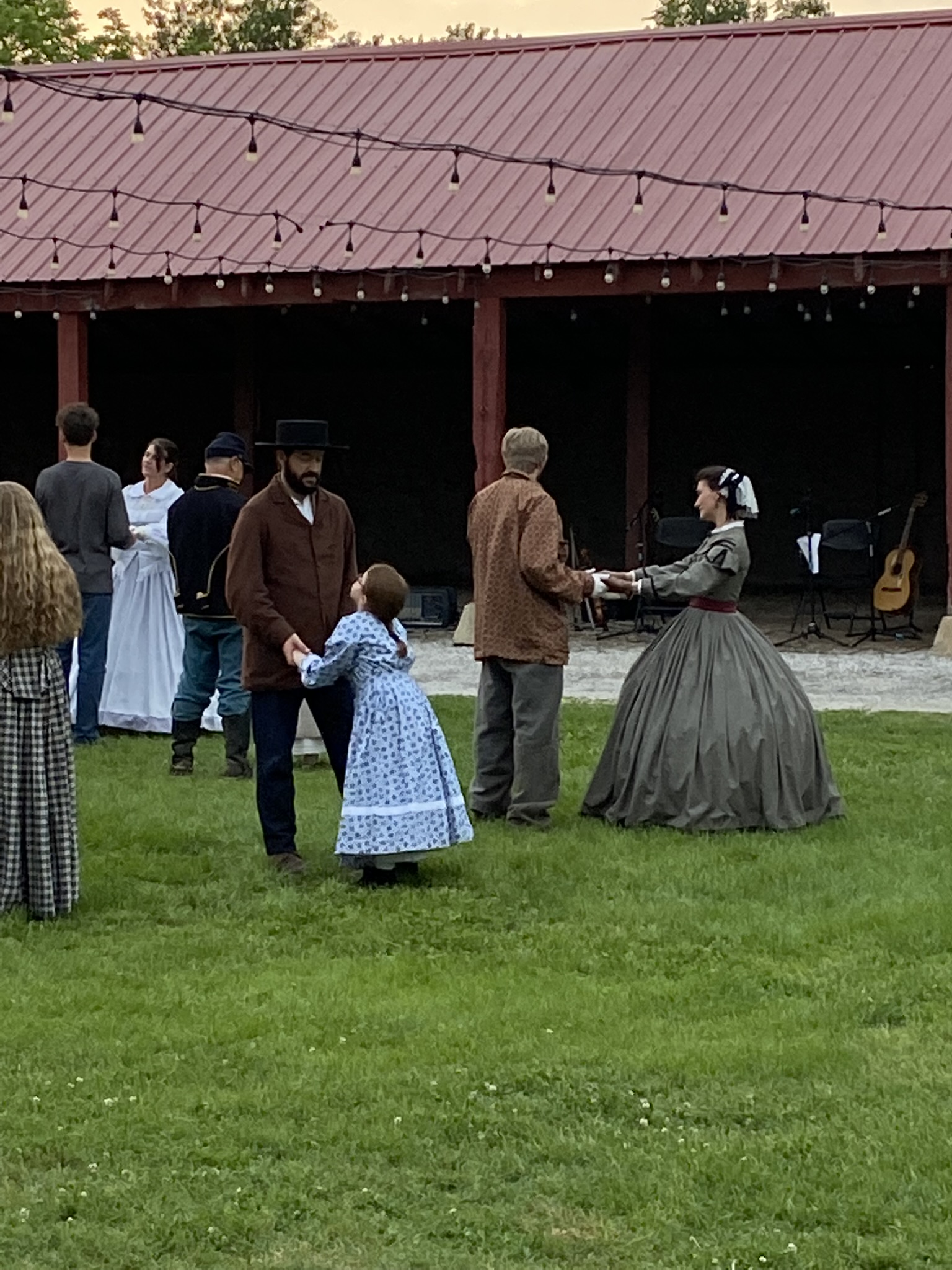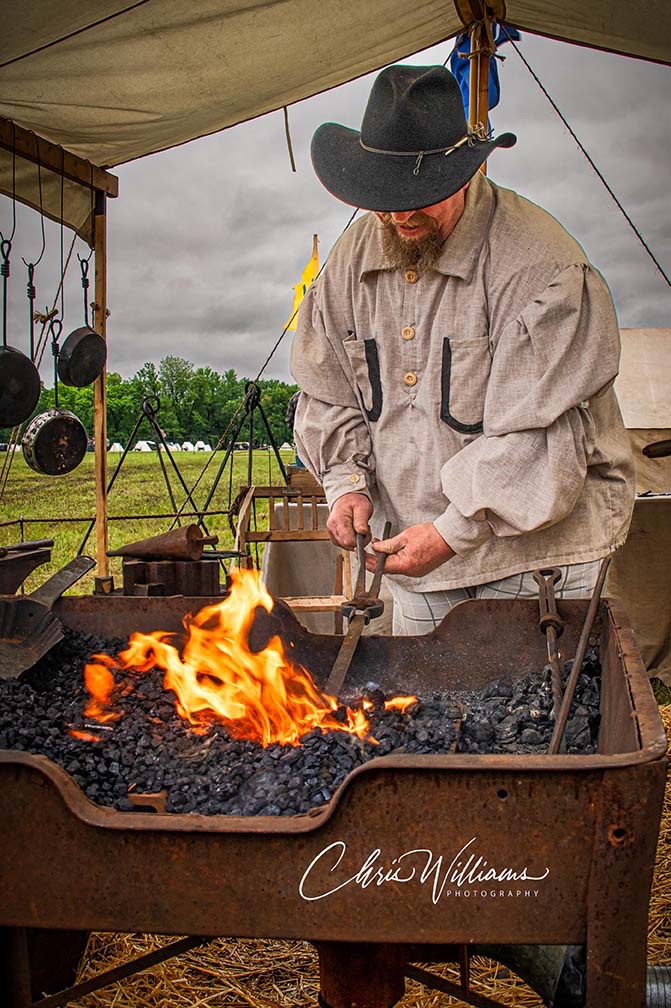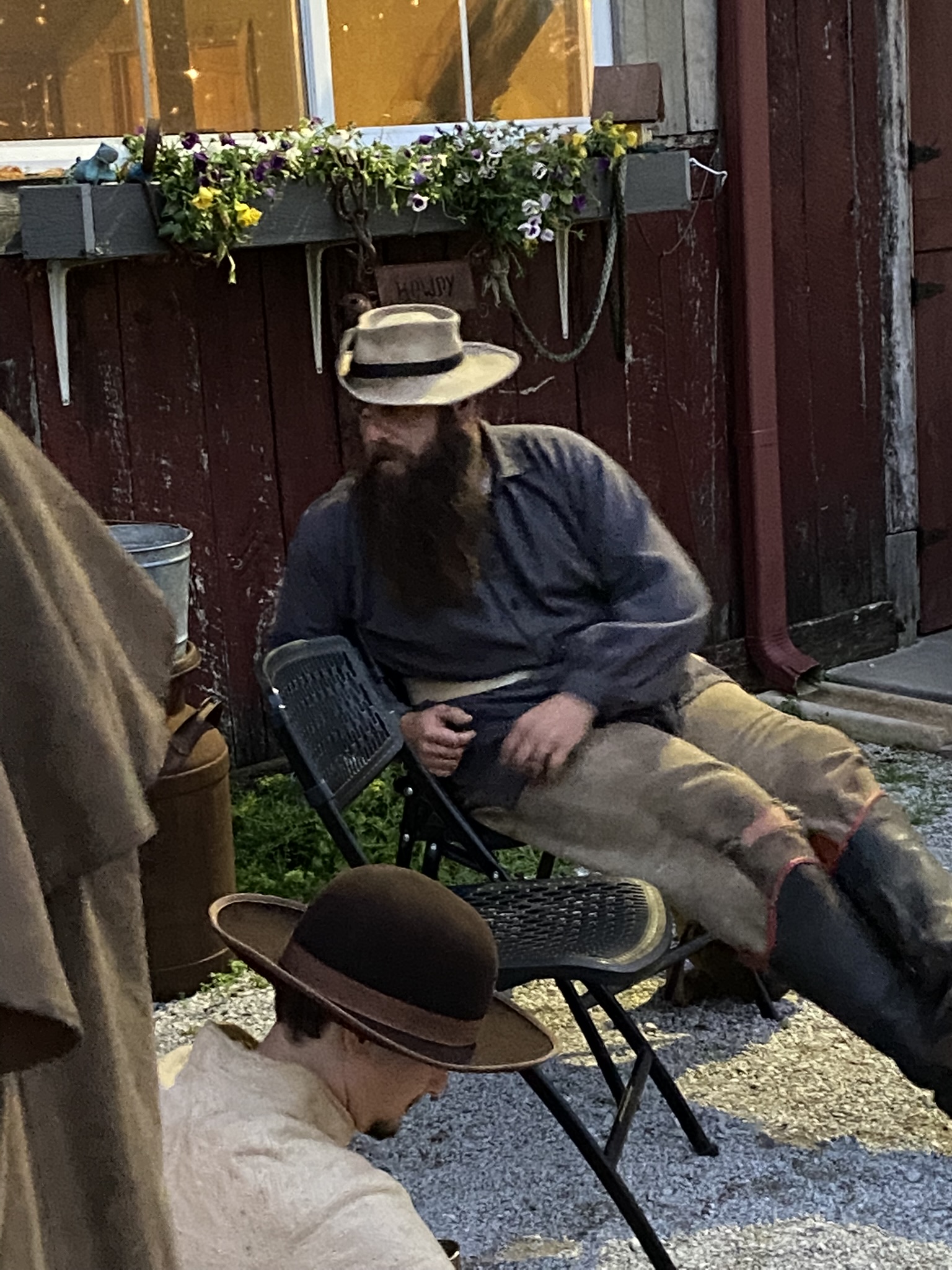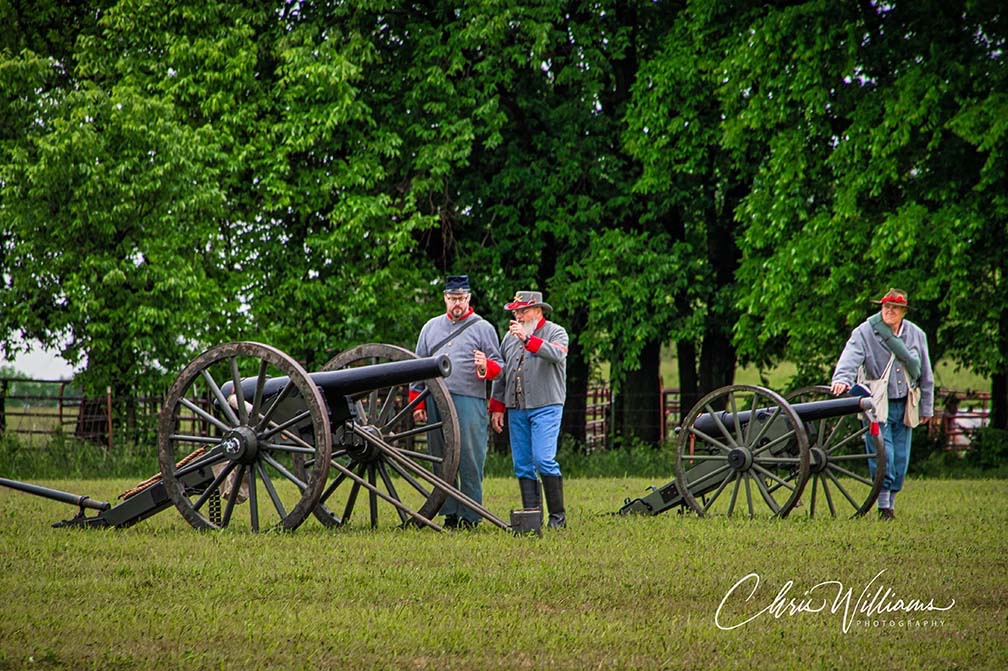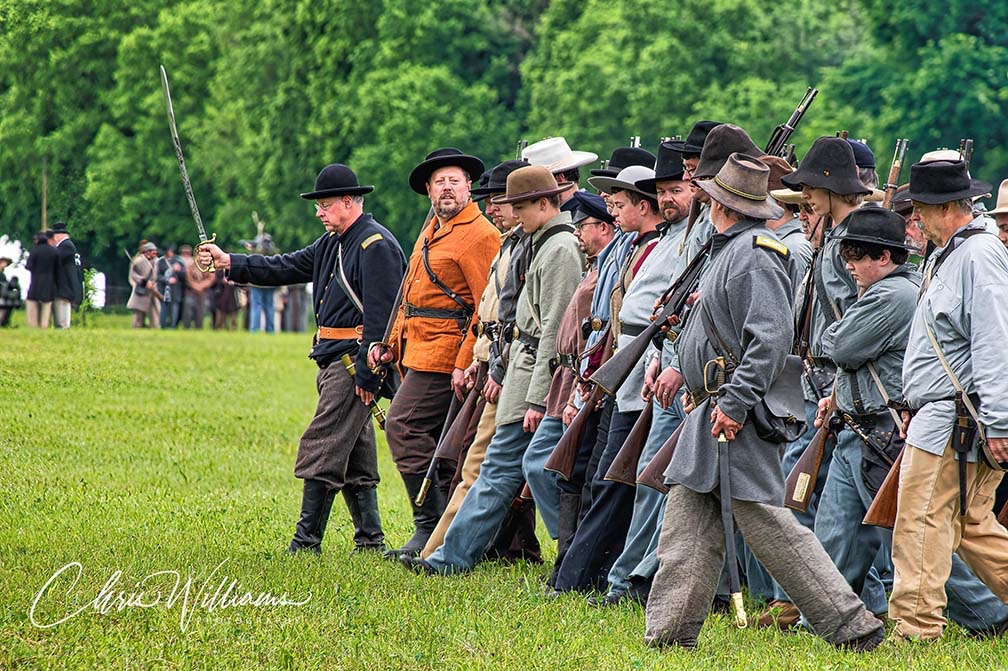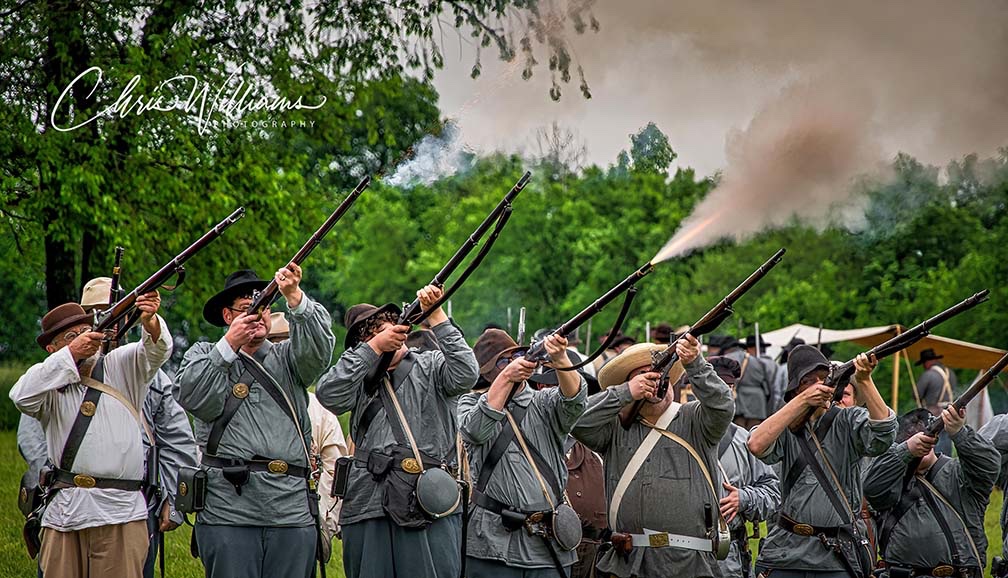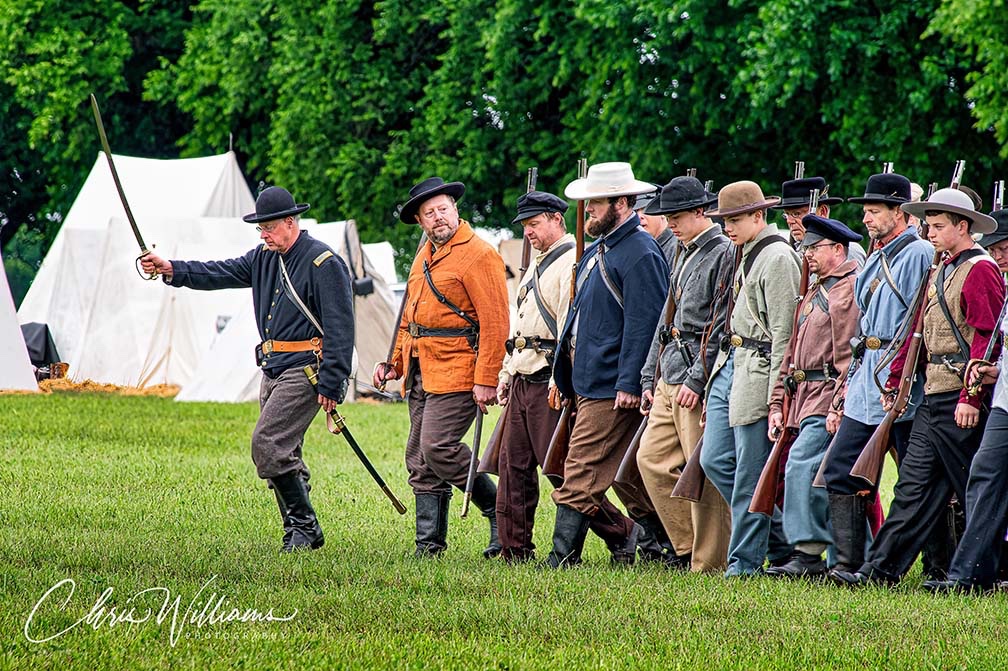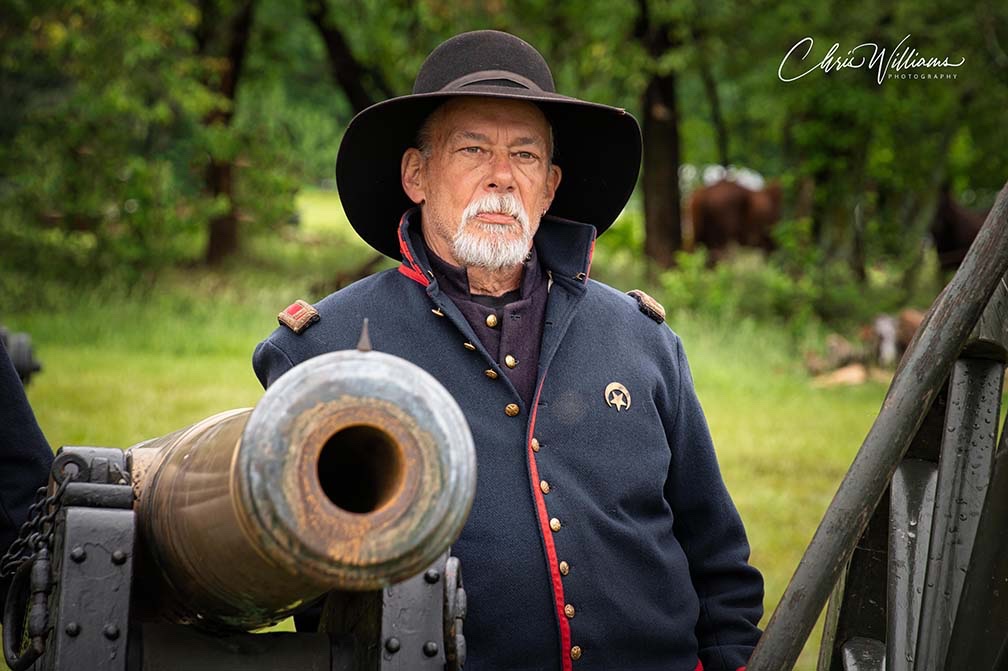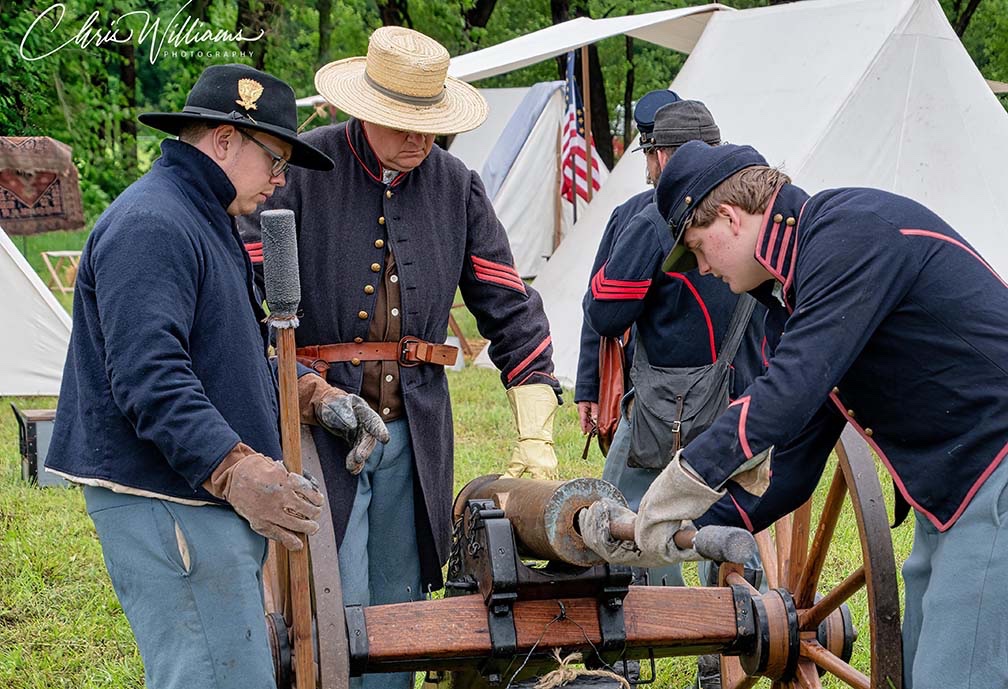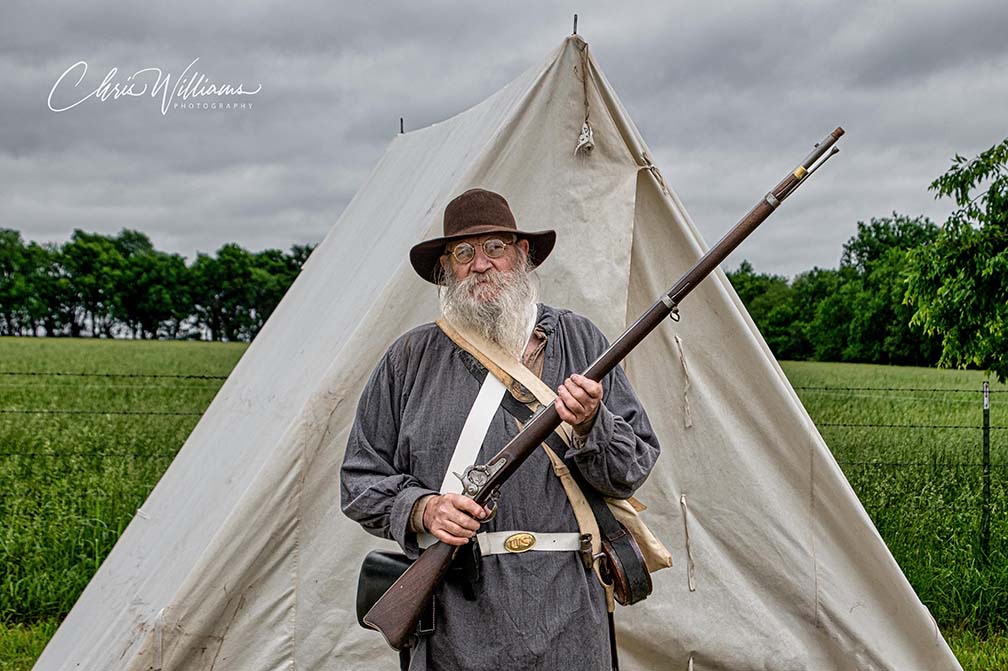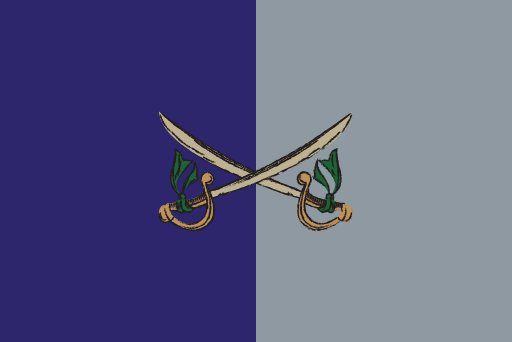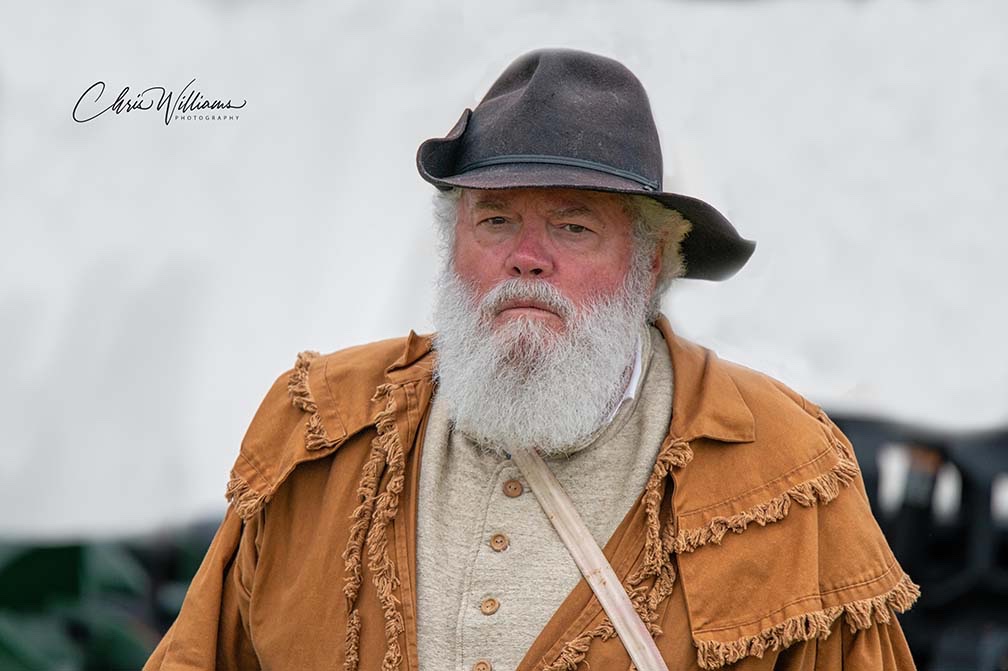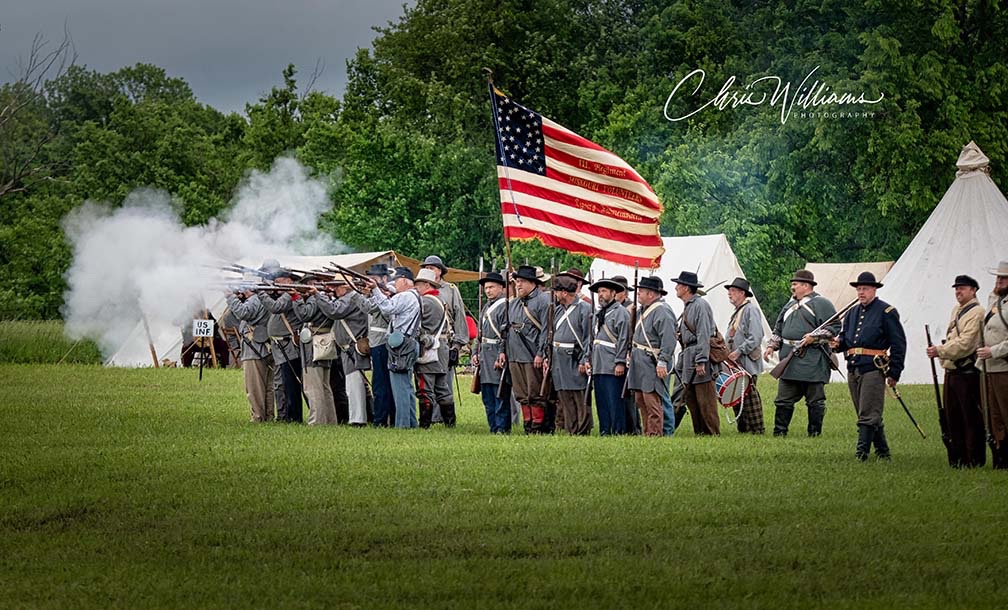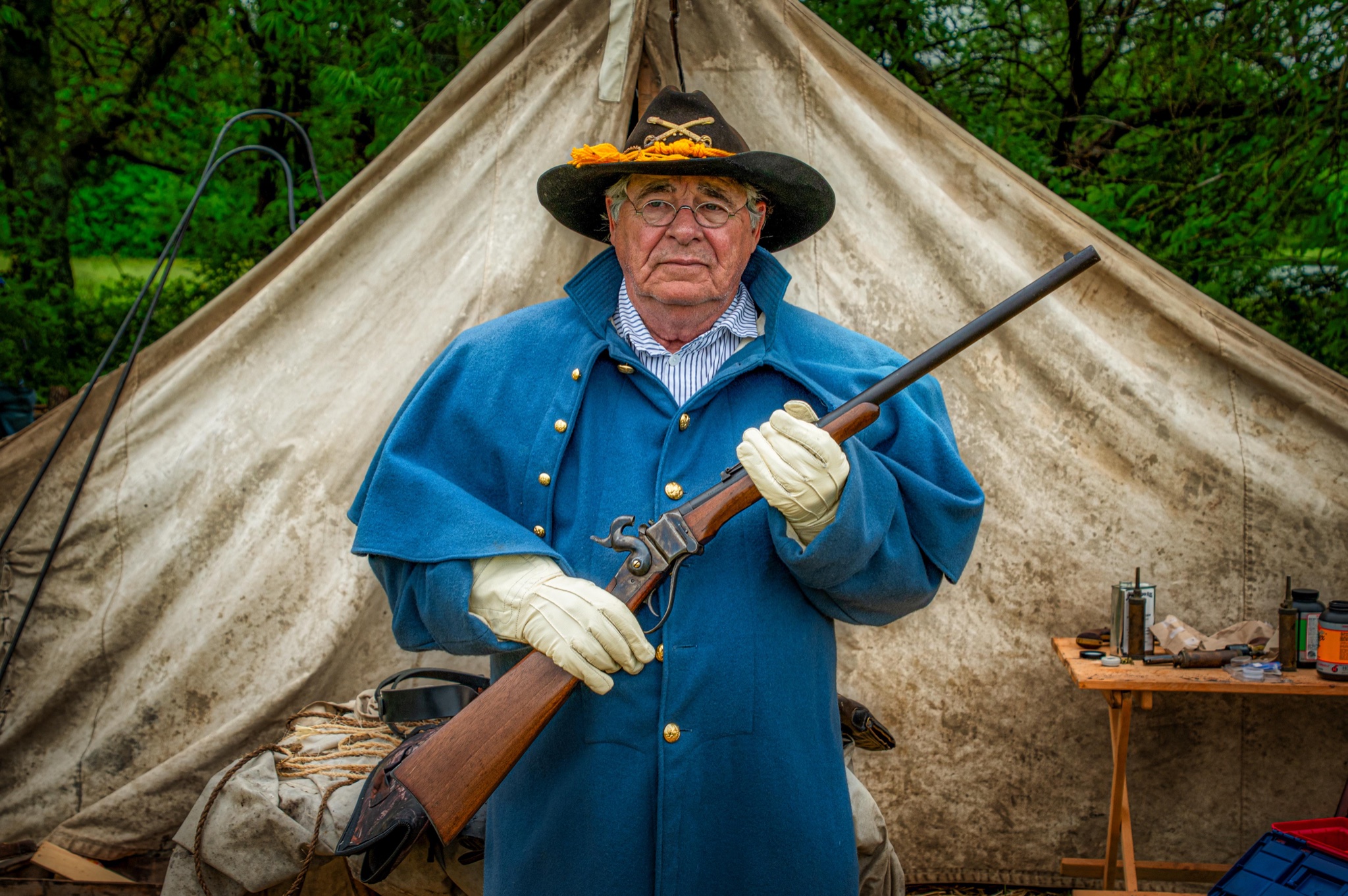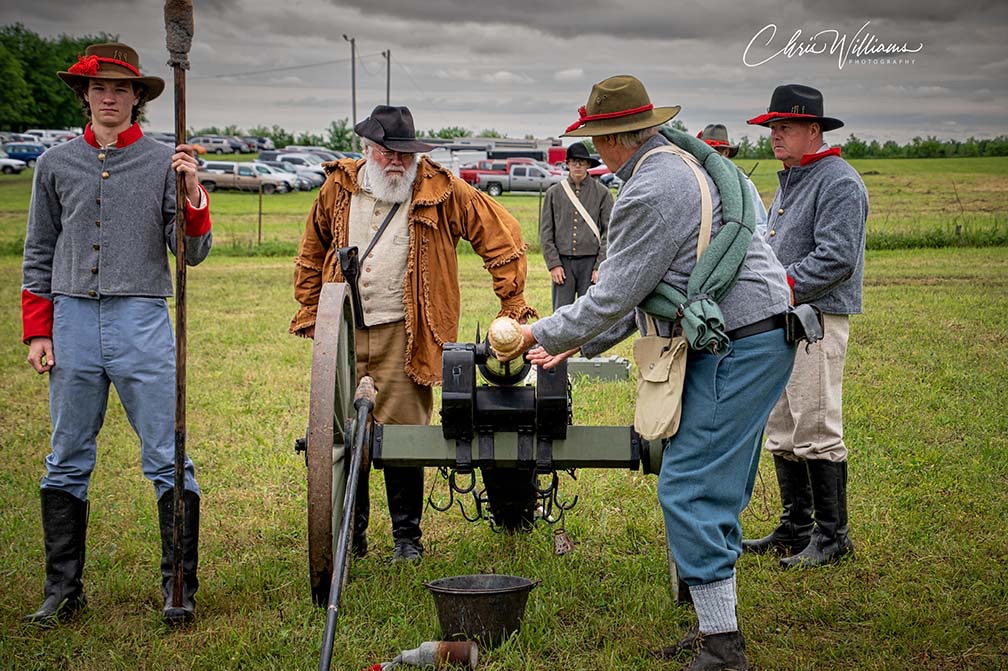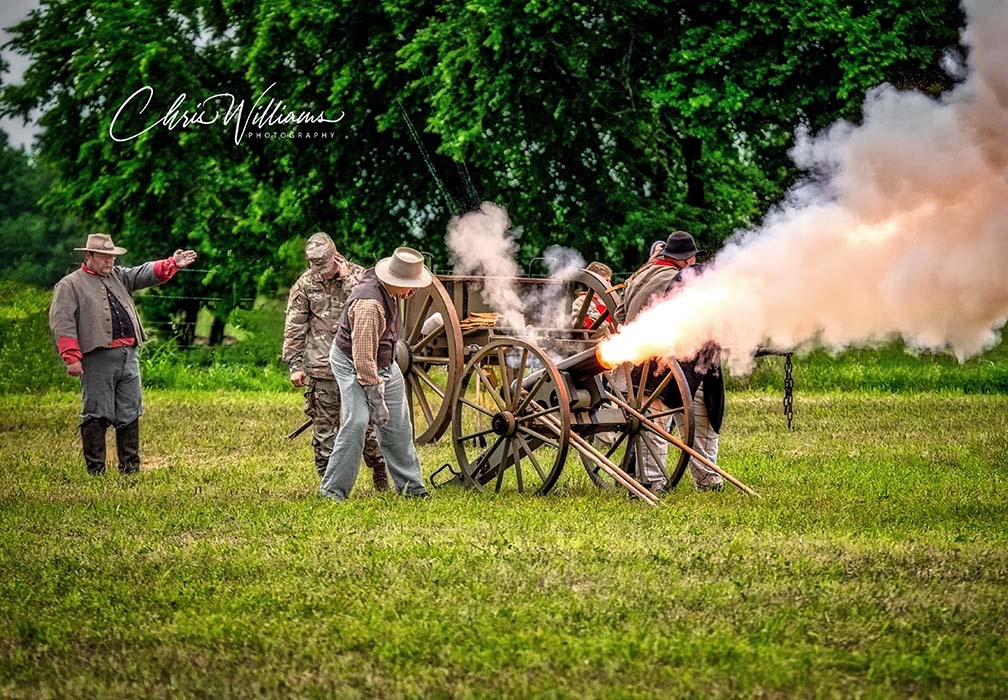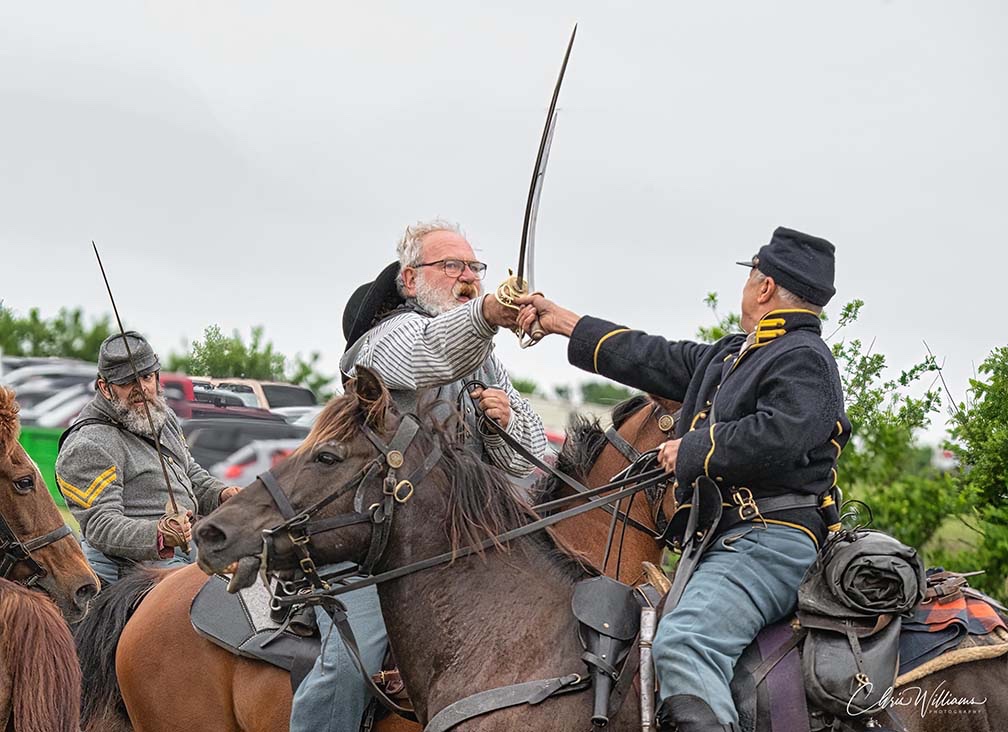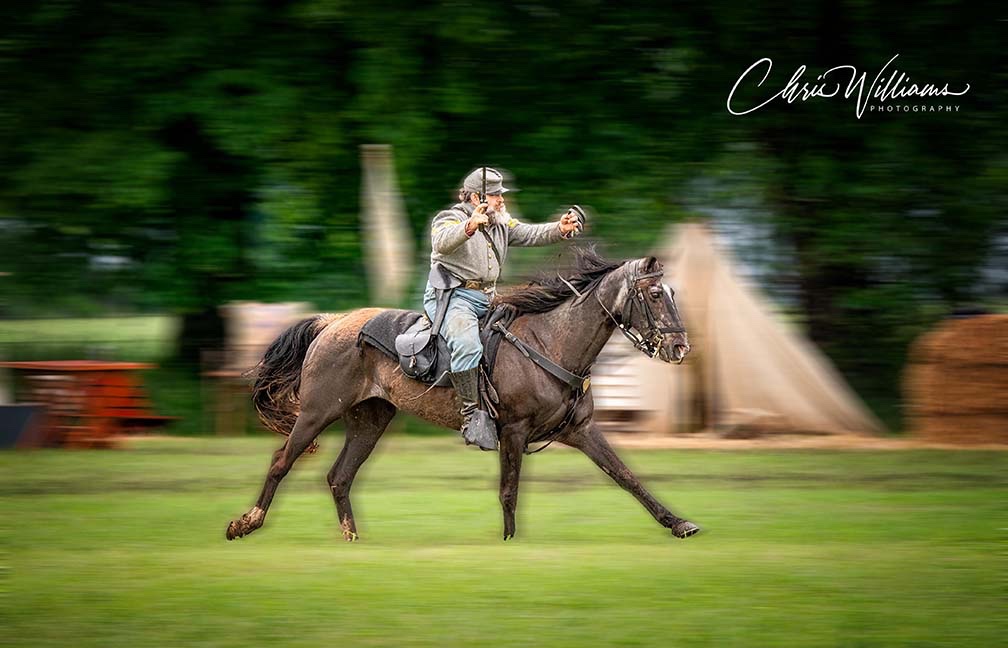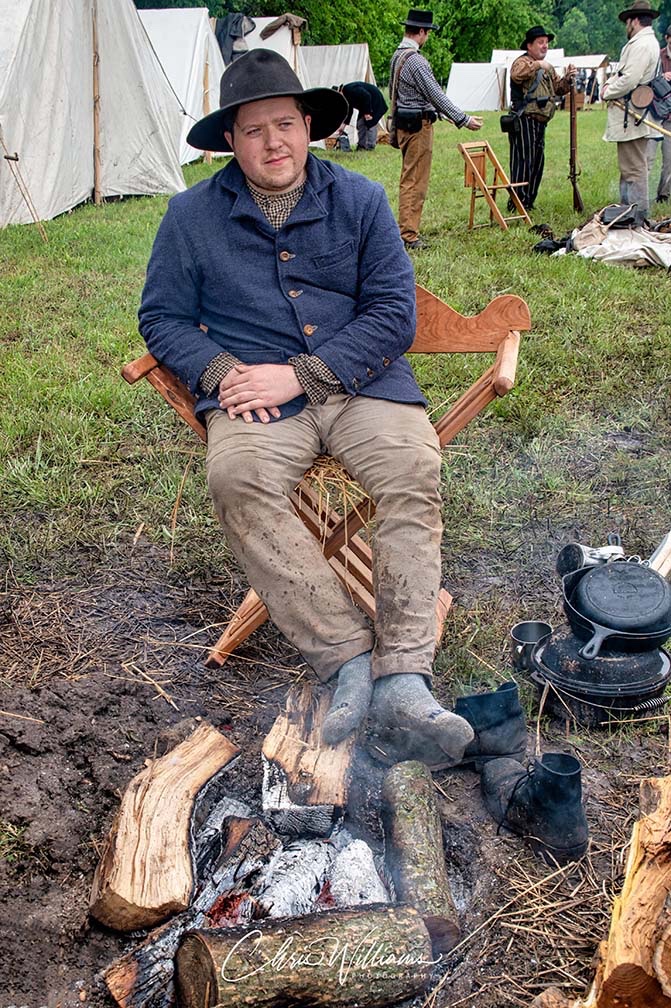
Battle of Carthage, Inc.
Battle of Carthage, Inc. was formed in order to honor the history of Carthage, Missouri during the Civil War. It is our pleasure, in conjunction with the City of Carthage, to host the re-enactment of the 1861 Battle of Carthage.
Bringing the History of Carthage to Life
A reenactment of the 1861 Battle of Carthage will be held June 14th -June 16th with the event being open to the public on June 15th and 16th. We do realize this is Father’s Day Weekend and hope that you will bring your fathers and have a memorable day! This event will be held at the Civil War Arena located North of Carthage on Civil War Road. Updates will be posted as plans come together. Visit our contact page and leave your name and email address to be added to our mailing list. You can also reach us at battleofcarthageinc@gmail.com.

Timeline of Events
April 12, 1861 – Confederates attacked Fort Sumter, SC
April 25, 1861 – Abraham Lincoln issued a proclamation terming secession an act of rebellion but stopping short of a declaration of war.
April 19, 1861 – Rioting broke out in the streets of Baltimore, MD
May 6, 1861 – Jefferson Davis signed the legislative measure by which the Confederate States of America declared war upon the United States of America. However, the federal government did not respond in kind and still did not recognize the existence of a state ware.
May 10, 1861 – Capt. Nathaniel Lyon, USA, captured the Missouri State Guard at Camp Jackson, St. Louis, and rioting erupted in the streets of St. Louis, producing some civilian casualties. Simultaneously, there was a skirmish at Phillippi, VA (Later West Virginia), a brief affair involving a few men and producing an abrupt Confederate retreat.
June 10, 1861 – Nineteen men were killed and 60 were wounded in a similarly brief skirmish by small units at Bethel Church, VA. The same day, Missouri Governor Caliborne Fox Jackson announced creation of a new Missouri State Guard, providing on paper for eight divisions.
June 17, 1861 – A skirmish at Booneville, Missouri,
saw Brig. Gen. Nathaniel Lyon with a small Union force rout a small State Guard contingent under Col. M.M. Marmaduke to end a brief running exchange of gunshots. For the first time, a reporter referred to a clash between two American forces as a “battle,” while others referred to it as “The Booneville Races.” The federal government still was not officially at war. So far as Washington was concerned, the awful contest to be called the Civil War or War Between the States had not yet begun.
July 4, 1861 – The Congress of the United States heard an address by President Lincoln and followed adopting, at his request, a “War Policy Declaration,” which was the first formal recognition by the federal government that a state of war existed.
July 5, 1861 – On the first full day of the Civil War, the single event which drew the attention of the nation was the Battle of Carthage. It meets all the criteria normally used by military commander to define a battle; official reports by officers of both armies involved used the word “battle” in describing the engagement and major newspapers in the East in subsequent days for the first time identified a military confrontation between CSA representatives and USA troops as a battle. Next in the sequence of American events:
July 21, 1861 – The First Battle of Bull Run at Manassas, VA
Enjoy the pictures below from previous re-enactments.
Courtesy of Steve Cottrell and Chris Williams..
